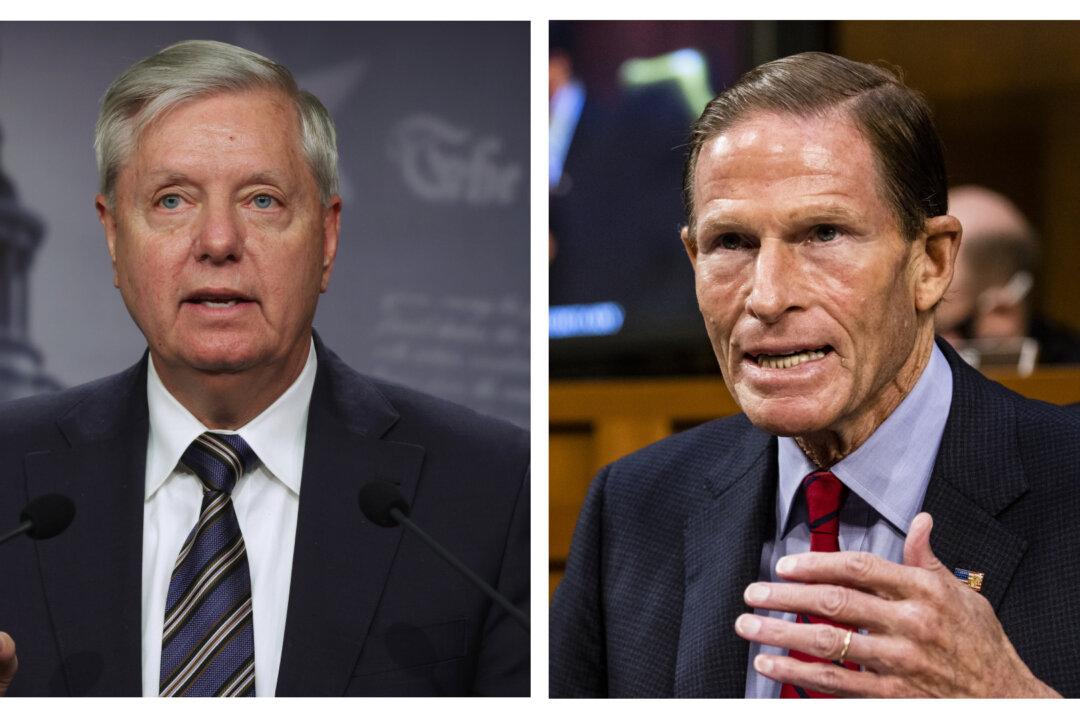Sens. Richard Blumenthal (D-Conn.) and Lindsey Graham (R-S.C.) on Tuesday reintroduced a bill that would strip online platforms of their legal protections under federal law if they host child sexual abuse content.
The bill, called the Eliminating Abusive and Rampant Neglect of Interactive Technologies, or “EARN IT” Act, would overhaul the 1996 Communications Decency Act, which granted online platforms protection from liability for user-created content on their websites.





